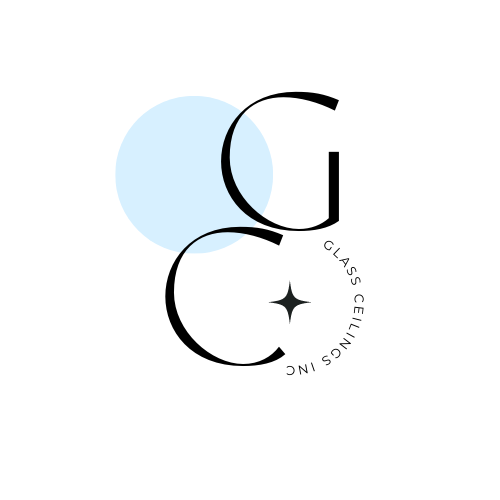Imposter Syndrome in your business
I remember the first time I got a promotion and felt like a fraud. I was working as a barista at a very popular coffee shop when I was asked to interview for a supervisor position. Without really knowing if I wanted it, I immediately said yes because it seemed like the right answer at the time. Fast forward a couple of weeks, and I found myself in leadership training with keys to the building. I constantly wondered when I would fail and when people would realize I was a fraud. This mindset pushed me to become an expert at my job, striving for perfection in everything I did. It became a dangerous game I played for many years, walking into new management roles, promotions, and jobs with confidence, only to feel overwhelmed and full of self-doubt soon after.
I didn't realize I was suffering from imposter syndrome for years. It was my life coach who first pointed out that my procrastination was a result of my perfectionism, which in turn fueled my belief that I was an imposter. That was a turning point for me, and I knew I needed to make changes as soon as possible. So, what is imposter syndrome? According to Psychology Today, people with imposter syndrome believe they are undeserving of their achievements and the high regard in which others hold them. They often feel less competent or intelligent than others perceive them to be, and fear that they will be exposed as frauds. It's important to note that individuals with imposter syndrome are often accomplished, holding high positions or having multiple academic degrees.
WebMD claims that 70% of people experience imposter syndrome at some point in their lives, and Imposter Syndrome Expert Dr. Valerie Young has identified five types of imposter syndrome:
1. The Perfectionist: Feeling like an imposter because you believe that unless you achieve perfection, you could have done better than your current performance.
2. The Expert: Feeling inadequate because you haven't mastered every aspect of a subject or process, leading you to question your expertise and feel like an imposter.
3. The Natural Genius: Believing that if you don't grasp something immediately or take longer to master a skill, you are not naturally intelligent or competent, and therefore, an imposter.
4. The Soloist: Feeling like an imposter because you had to ask for help or collaboration to reach a certain level, causing doubts about your own competence and abilities.
5. The Superperson: Believing that you must constantly be the hardest worker and achieve the highest levels of success, and anything less makes you feel like an imposter.
Realizing that I wasn't alone in experiencing self-doubt and the fear of being exposed as an imposter was a significant revelation for me. It motivated me to make changes and work on silencing the voice in my head that labeled me a fraud.
So, how do you quiet the imposter voice? It may sound unusual, but start by having a conversation with your imposter. Try to understand why you feel like an imposter. It could be connected to various factors like upbringing, self-confidence, or personality.
Talk about your experiences with others and seek out those who can relate. Discovering that 70% of people have felt the same way I did helped me feel "normal," and discussing it with others alleviated any shame I felt.
Take stock of your positive skills. Reflect on what you are good at and why you received that promotion or achieved success. Recognize your strengths and acknowledge your accomplishments.
Avoid comparing yourself to others. Remember that everyone is on their own unique journey, and comparing yourself to someone else's path will only disrupt your own progress.
Keep moving forward. Don't let imposter syndrome patterns hinder your growth or sabotage your achievements. Even if it means taking small steps, continue to believe in yourself and don't let imposter syndrome hold you back.
Since becoming aware of my imposter syndrome, I have taken daily steps to build my self-worth and self-confidence. This journey led me to co-found Glass Ceilings with my business partner, where we help women develop their confidence and foster relationships that support their growth. Remember, you are not alone in experiencing imposter syndrome, and with self-awareness, support, and perseverance, you can overcome it and thrive


